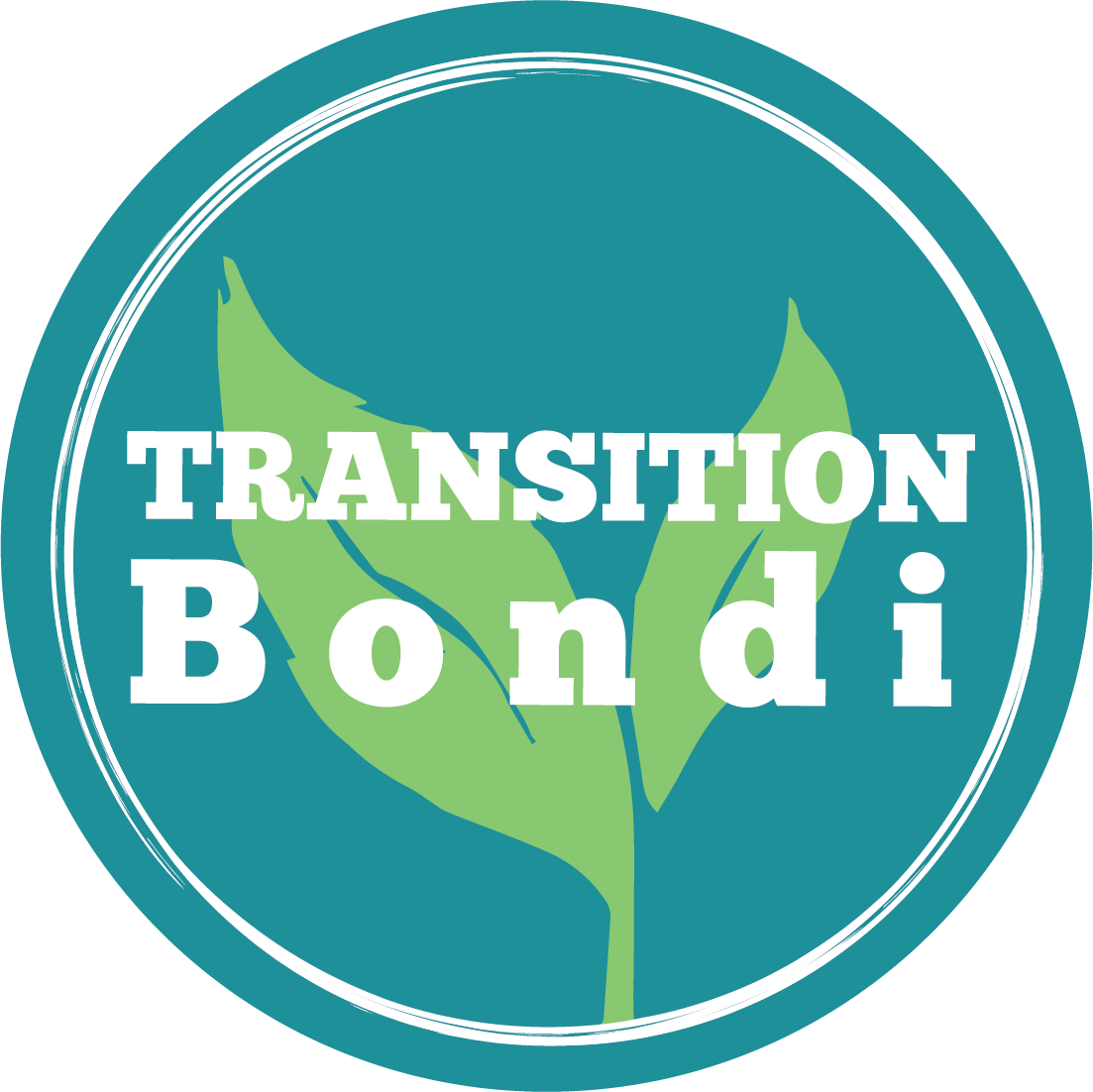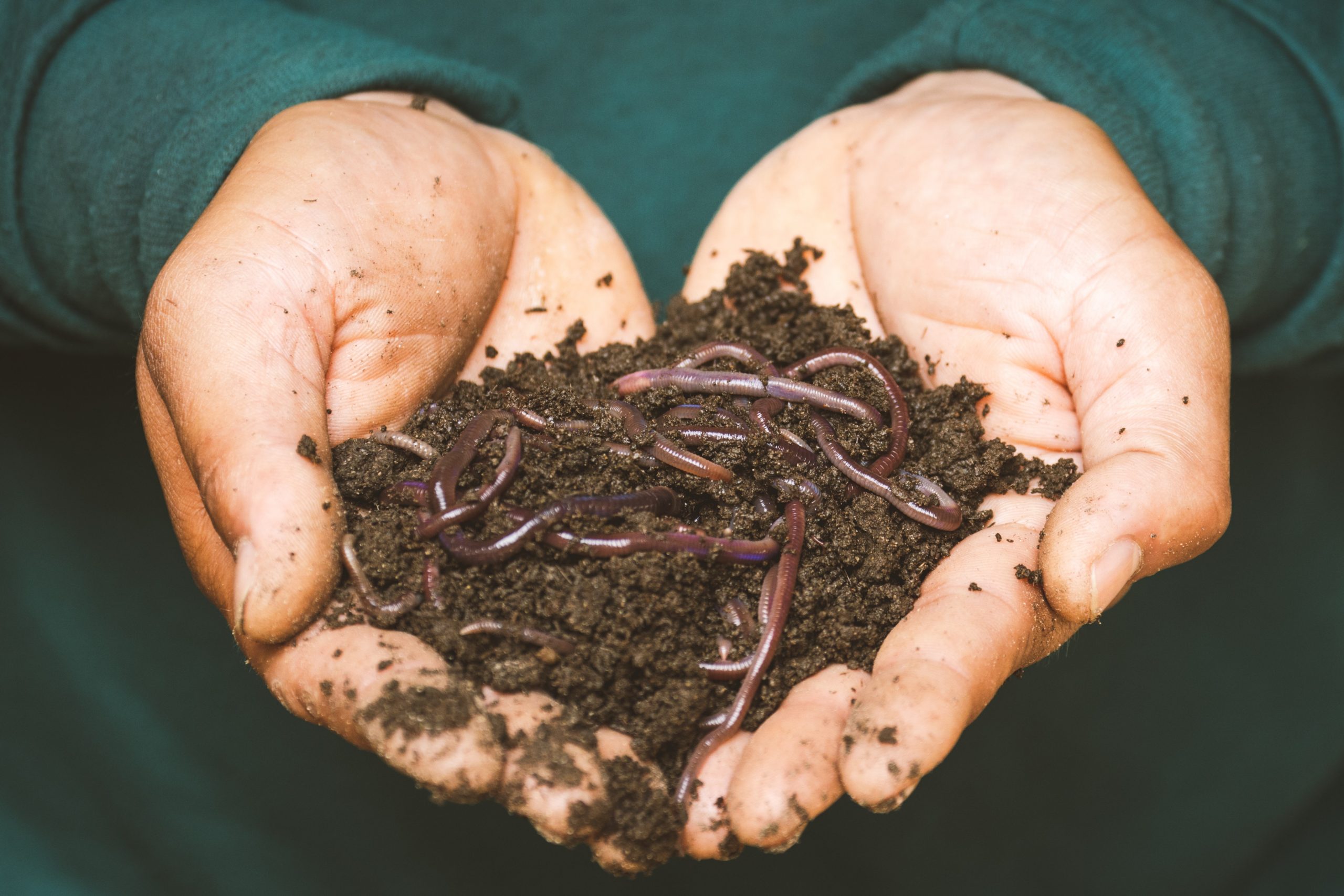Composting: an individual act to reverse climate change
One of the highlights of my May calendar is Composting Awareness Week! Several of us at Transition Bondi were lucky enough to lead into CAW with a talk on organic gardening by local permaculture legend, Steve Batley.
Now, I’ve been an avid Bondi composter for some 10 years but Steve taught me a thing of two that I didn’t know…
Composting is an individual act each of us can take to reduce climate change
How? Well, the act of layering compost onto the earth, such as in your garden, increases the soil we have available to capture carbon from the atmosphere. The fruits, veggies, flowers and foliage you have planted in your garden will, through photosynthesis, breathe in the carbon dioxide from our atmosphere, breathe out oxygen and allow carbon to be held in the ground.
Secondly, composting reduces waste going into landfill. Green waste can rot under the weight of all the other rubbish that goes into landfill – it doesn’t break down as it does when it’s composted or transformed into mulch. This rotting creates methane, another fossil fuel that is significantly contributing to rising atmospheric temperatures.
So by reducing your green waste going into landfill, and by increasing viable gardens and soil that can capture and store carbon, you can stymie climate change.
I find this so empowering! In spite of the overwhelming challenge that climate changes presents, composting is one action each of us can take to minimise climate impacts.
How to get started
Below is a little video I didn’t on composting, which hopefully shows how easy it is.
- Composting bins can include the use of big black bins (as I have), tumbler bins, bokashi bins or worm farms. There’s even the ‘sub pod’ which you bury in the ground so you don’t even have to harvest compost into gardens once it’s made. Generally, there will be a composting solution even if you don’t have much space.
- You just layer roughly equal amounts of greens (fresh kitchen scraps, grass clippings, green leaves, clean manures) with browns (newspaper, cardboard, dried leaves).
- If you want to start without committing to a bin, look up Sharewaste. This is an app that will list places (like my place!) where hosts will collect other people’s kitchen food scraps or other green waste. Sharewaste itself is a locally-developed app (so that’s cool), and as well as composting your scraps, you can often get to know your neighbours.
- You can also donate your scraps to the Transition Bondi compost bins at the Bondi Rd community garden.
- Make it easy for yourself. I keep a bucket for scraps under my sink. When it gets full, I empty it into our unit block’s compost bins when the dog has his morning sniff around. The point here is it’s part of my routine.
- Once a week, turn your compost and make sure it’s had a drink. The act of turning the matter in your bin turns it into compost far more quickly. It also lets you check in on the health of the compost bin. Eventually you’ll be able to tell if perhaps you need more greens or more browns.
- Don’t fret too much about ‘perfect’ ratios, or the ‘right’ thing to put into your compost. Loosely go for half / half greens and browns, and you will learn all the rest with experience.
Resources
Here are some great resources should you like to learn more, including some shared by Steve in his talk. Thanks Steve!
I also recommend Milkwood’s Permaculture Living Course. It makes permaculture so accessible and is a joyous learning experience. It led me to search out my local community garden, which is how I found Transition Bondi!
The Soil Story with Pashon Murray
Soil Solutions to Climate Problems
Milkwood’s guide to composting for beginners
Milkwood’s mini workshop on Building Healthy Soil for Your Best-Ever Veggies
Happy composting to all! Hope to see you at my Sharewaste bin or at the Bondi Rd community garden soon. 🙂
Caroline (and Wren, the dog.)


Lovely introduction to compost making Caroline; and how great that you are finding new tips from other ‘teachers’ even though you are a seasoned composter yourself.
Someone has suggested we give away small pots of compost at our Farmers Market Stall (with a donation box in sight). A good solution to our ‘problem’ of making more compost than we can use.